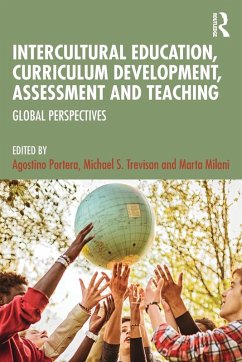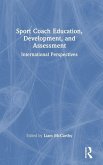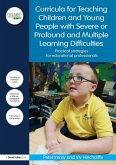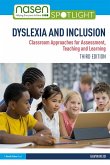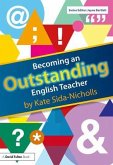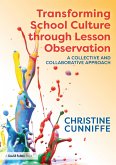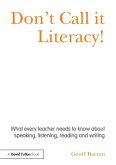This edited volume explores the specific ability of the school setting to promote intercultural education as an approach to address contemporary, societal issues of justice and social inclusion.
Highlighting the importance of schools as one of the first areas where diversity is encountered and experienced, this book offers case study chapters on the most recent pedagogical approaches, research questions, and frameworks for intercultural education and teaching. To address these approaches, the book uses comparative studies, systematic reviews, case study analyses, and theoretical and conceptual discussions. Written by an international team of experts in the field, chapters address new challenges in curriculum development for intercultural education and illustrate innovative ways to provide instruction through the use of technology and the arts. Fusing conceptual and methodological approaches, the book examines interculturality and associated instruction within schools, further exploring the frameworks and methodologies that govern contextually based, culturally responsive education.
Offering in-depth treatment of cutting-edge pedagogies used to teach interculturality in culturally diverse settings, this book will be of interest to educators, researchers, and students studying intercultural education and studies, multicultural education, and the sociology of education more broadly.
Highlighting the importance of schools as one of the first areas where diversity is encountered and experienced, this book offers case study chapters on the most recent pedagogical approaches, research questions, and frameworks for intercultural education and teaching. To address these approaches, the book uses comparative studies, systematic reviews, case study analyses, and theoretical and conceptual discussions. Written by an international team of experts in the field, chapters address new challenges in curriculum development for intercultural education and illustrate innovative ways to provide instruction through the use of technology and the arts. Fusing conceptual and methodological approaches, the book examines interculturality and associated instruction within schools, further exploring the frameworks and methodologies that govern contextually based, culturally responsive education.
Offering in-depth treatment of cutting-edge pedagogies used to teach interculturality in culturally diverse settings, this book will be of interest to educators, researchers, and students studying intercultural education and studies, multicultural education, and the sociology of education more broadly.

